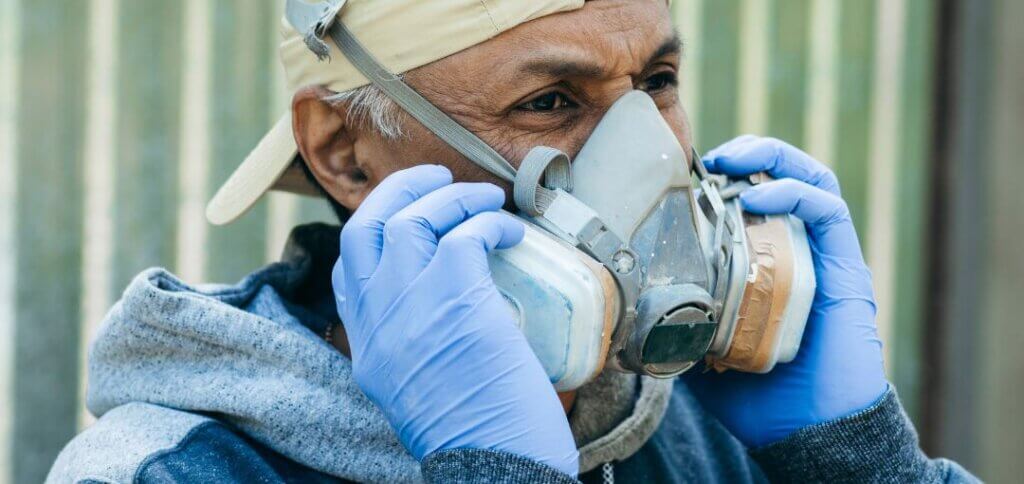When it comes to workplace safety, respirator fit testing is not just a recommendation — it’s a requirement. According to OSHA’s respiratory protection standard (29 CFR 1910.134), employers who provide respirators to their workers must ensure the equipment fits properly to offer the intended protection. Failing to follow this critical step not only puts employees at risk, but can also lead to significant penalties for employers.
So, when exactly are employers required to conduct respirator fit testing? Let’s break it down.
When Respirator Fit Testing is Required
Under OSHA’s guidelines, respirator fit testing must take place in several specific scenarios to ensure that the respirator continues to provide effective protection:
Before the First Use of a Respirator
Before any employee uses a respirator on the job, they must undergo a fit test to ensure that the respirator forms a proper seal against their face. This step is crucial in preventing harmful contaminants from leaking into the respirator, potentially causing health hazards.
Annually
Even if an employee has been using the same type of respirator for a year, they must still undergo fit testing annually. This ensures that the respirator’s fit remains effective, as various factors can change over time.
After Significant Physical Changes
Employees who undergo significant weight loss, gain, facial surgery, or any other alteration that could affect the shape of their face must be fit tested again. Any of these changes can impact the respirator’s ability to create a proper seal, reducing its effectiveness.
Why Fit Testing is Critical
Skipping or improperly conducting respirator fit testing can have severe consequences:
Health Risks for Employees
Without a proper fit, a respirator may allow hazardous contaminants — such as dust, fumes, vapors, or gases — to bypass the mask and be inhaled by the worker.
OSHA Penalties
Employers who fail to comply with OSHA’s fit testing requirements risk fines of over $16,000 per violation. These fines can add up quickly, especially in industries where respirators are commonly used.
There’s More to Compliance
Respirator fit testing is just one aspect of being compliant with OSHA’s respiratory protection standard. Full compliance requires conducting medical evaluations before fit testing to determine someone’s ability to wear a respirator. It also requires having a written Respiratory Protection Plan. Our free Commonsense Guide to Respirator Fit Testing outlines these aspects, and more, to help you achieve compliance.
Streamline Your Fit Testing Process
Ensuring respirator fit testing is done correctly and on schedule can be a challenge, but it doesn’t have to be. Mobile Health specializes in helping employers manage and streamline their fit testing process, offering reliable, fast, and compliant solutions.
Contact Mobile Health today to learn more about how we can simplify your respirator fit testing and keep your workforce safe.
-
 Written by:
Written by:
Tricia Chen-Weis, RNTricia Chen-Weis is a seasoned healthcare professional with a passion for operational excellence and patient care. Joining Mobile Health in August 2019, Tricia quickly made her mark improving patient care and clinical operations as Site Manager in Mobile Health’s 36th Street and Staten Island location. With a bachelor's degree from the University of The West Indies and a nursing degree from Monroe College, Tricia's educational foundation provided her with the knowledge and skills necessary to...
